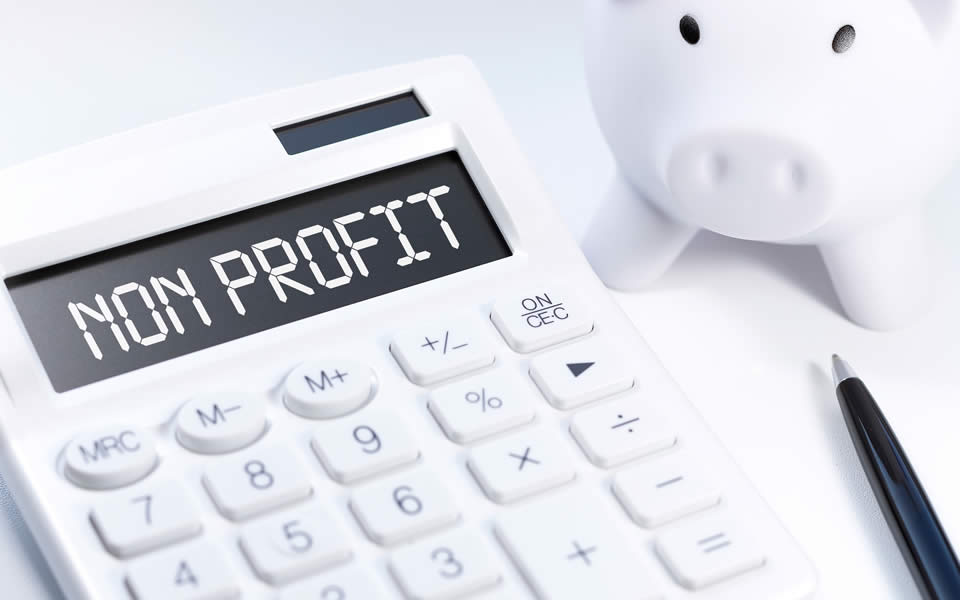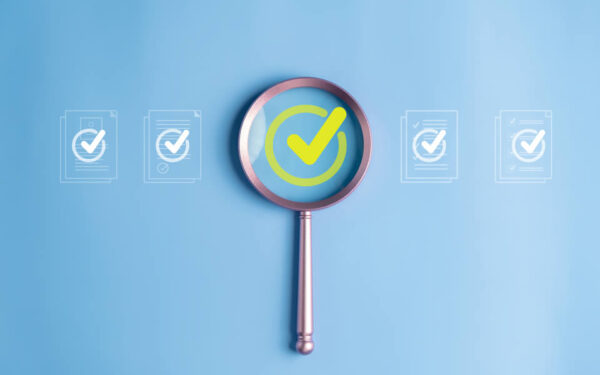Not-for-Profit Companies Need to Consider Sales Tax
By John Bonk, Partner, National Co-Leader - State & Local Tax
Many Not-for-Profit companies believe they do not need to worry about sales tax. This is mostly true when these entities are purchasing items, as many states have exemptions that apply to their not-for-profit status and allow them to be exempt when making purchases for their own use. However, many not-for-profit companies also sell to consumers, and when a not-for-profit is selling to a non-exempt customer, sales tax may need to be collected.
The most common issues with not-for-profits and sales tax are related to three areas: sales of training-related items, sales related to conferences, and sales via an online store. The facts and circumstances matter with regard to potential sales tax exposure related to the above transactions. Under some circumstances, there may be no exposure at all, but under others, there could be significant exposure. Some states also have exemptions for sales made by not-for-profits related to training or conferences, but these may be limited or require pre-approval, which is why planning is essential.
With any sales tax analysis, three questions need to be asked and answered: does the company have nexus, are the items being sold subject to sales tax, and are the customers subject to sales tax?
In order for a retailer to be required to collect sales tax, it needs nexus. Nexus can be created via physical presence or by exceeding the sales and transaction thresholds that states have established. Many not-for-profits have a large remote workforce or put on events in multiple states, resulting in a sizeable physical nexus footprint. However, those not-for-profits may not have significant sales per state and, as a result, may not exceed the state’s thresholds, which are most commonly $100,000 or 200 transactions over a calendar year. It is important to understand that having either a physical presence or exceeding the threshold creates a nexus and a responsibility to register, collect, and remit sales tax.
The items being sold are also an Important detail to understand. While the sale of tangible personal property is generally subject to sales tax, items such as digital goods and admissions are not always taxable. It is also important for companies to understand that combining items may lead to an undesired result as bundled transactions, which are transactions that charge a single price for an item that is taxable and another that is nontaxable, can result in the full charge being subject to tax. This could lead to the collection of sales tax being required on items that normally wouldn’t be subject to sales tax.
Not-for-Profit companies commonly have customers that are also Not-for-Profit companies. Therefore, many customers may have exemption certificates and not be subject to tax. The retailer needs to collect these certificates from their customer and store them in an easily accessible way. Should the retailer be audited, they will need to provide those certificates to the auditor, and failure to do so can be a liability to the retailer.
Not-for-Profit organizations making sales of training-related items, sales related to conferences, and sales via an online store should consider evaluating their potential sales tax exposure. Should exposure exist, there are ways to mitigate the exposure and resolve it going forward.




















